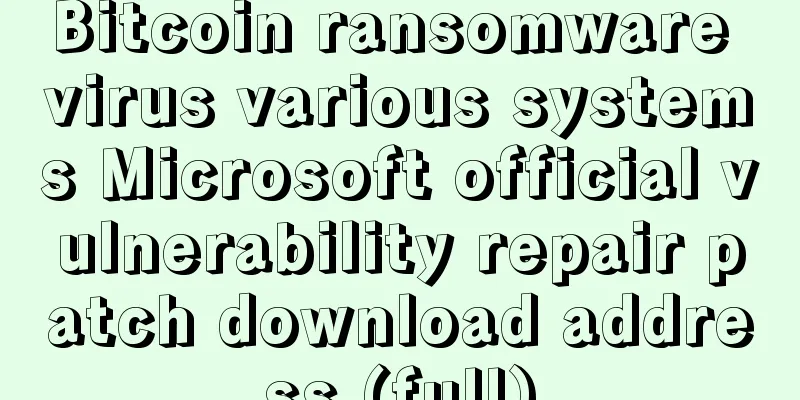Iran Modifies Cryptocurrency Regulations, Building Bitcoin Reserves?

|
In late October, Iran Daily reported that the Iranian government had amended its cryptocurrency regulations to allow “digital assets to be used exclusively for imported goods at a time when pressure is growing on the country’s normal use of hard currency.” With its oil reserves and relatively cheap electricity, Iran can provide heavily subsidized power to miners and offset much of the cost of mining cryptocurrencies like Bitcoin for companies that play by the rules. Alternatives to fiat currencies like the U.S. dollar are attractive to Iran’s power, as economic sanctions from countries like the United States largely prohibit transactions between Iran’s own currency and the world’s reserve fiat currency. As the Iranian rial suffers from hyperinflation, Iranians are looking for an alternative way to store value. Is Iran Building Up Bitcoin Reserves? Will the new rules discourage Bitcoin miners? Bitcoin’s Prospects in Iran <br />Although the government itself has little interest in acquiring Bitcoin and the legal mining industry is small, Sadr is optimistic about Bitcoin’s growth among ordinary Iranians. He points to the country’s fundamental economic problems as the main driver, noting that a smartphone could cost an Iranian eight or nine months’ salary. He shared anecdotal evidence of a growing number of people using Bitcoin to send money to family members in Iran and to store value, moving away from more traditional store-of-value assets like gold, which are targeted by criminals. |
<<: Data: Bitcoin miners' total hourly income has reached $1 million
Recommend
Palmistry traits that indicate a person born to achieve great things
Source: Poseidon Master Sina Blog Success can bri...
Why is “risk control” the key to oracle? ——Interpretation of ADAMoracle’s innovative risk control model
At 16:00 on the afternoon of August 17, 2021, the...
Will women with triangular eyes be happy after marriage? They have strong control desire
Whether you are happy after marriage actually dep...
Bitcoin sucks blood back to 64,000, do altcoins still have a chance?
Author | Hashipi Analysis Team ...
Do you know what kind of moles cannot be removed?
Generally speaking, moles are formed by abnormal ...
Why are rich men prone to cheating?
Facial features: Why are rich men more likely to ...
Do ugly women have good fortunes? What kind of women have ugly faces but good fortunes?
For women who are very beautiful, if your destiny...
Are men and women without destiny lines good? Palmistry analysis
Many people know about the fate line. It is a kin...
Is it good for a woman to have only one marriage line? A woman with a stable and happy marriage!
Is it good for a woman to have a marriage line? T...
Are people with moles on their eyebrows really organized?
People with moles on their eyebrows are generally...
Will people with full marriage palace betray their feelings?
There is a phenomenon in society, that is, cheati...
What does it mean when a woman has one high and one low eyebrow?
Small eyebrows can also add a lot of color to a p...
Facial features that can keep calm even when being robbed
Life is always full of surprises, because you nev...
How to predict your fortune from palmistry
Side income refers to getting unexpected money un...
What are the characteristics of the youthful facial lines?
We have always been concerned about facial featur...









